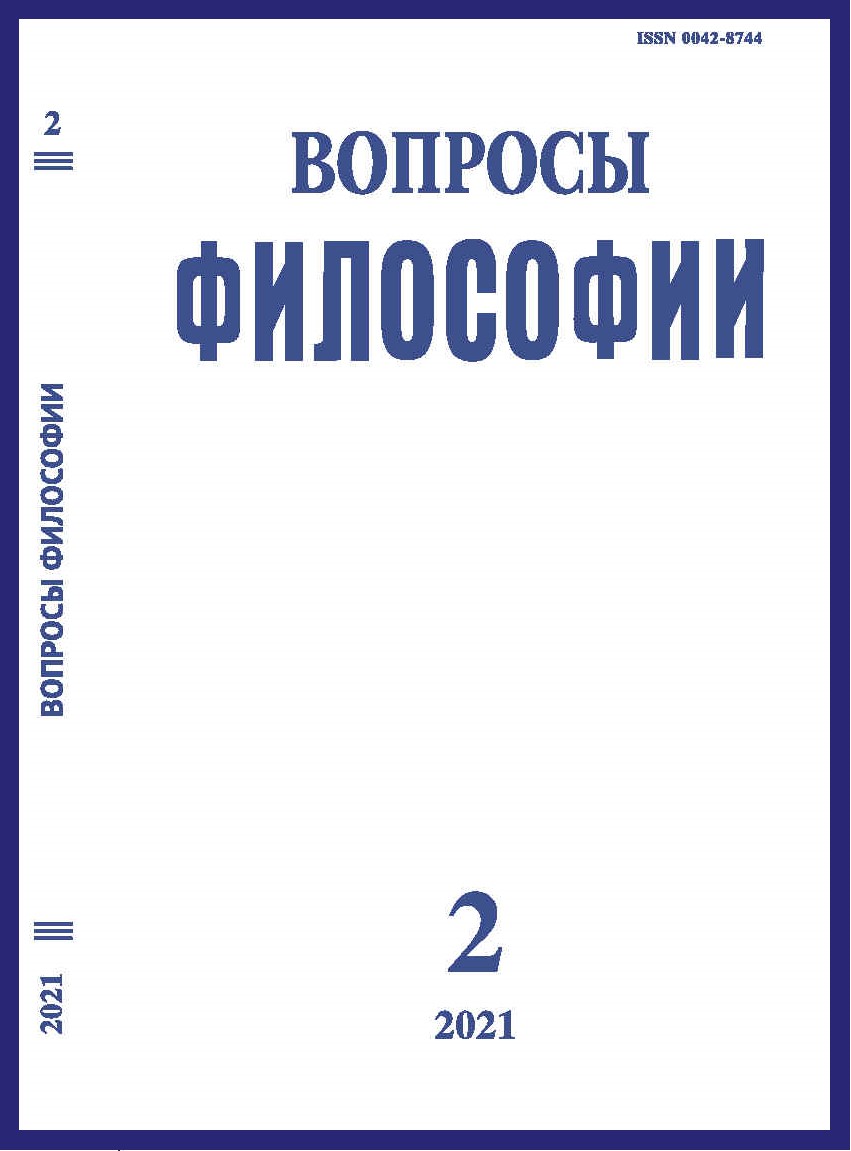The Presentation of Tendai Teachingin Jien’s Poetry
DOI:
https://doi.org/10.21146/0042-8744-2021-2-165-174Keywords:
Jien, waka poetry, Tendai school, Buddhist doctrines, deities kami.Abstract
This study analyzes how Buddhist philosophical ideas in Chinese and Indian scriptures were interpreted to make them more understandable in mediaeval Japan. It is based on the textual analysis of a cycle of poems entitled Kasuga hyakushu sō, composed by the Tendai monk Jien (1155‒1255). Jien consciously uses the poetic language of waka to express complex philosophical concepts. A textual analysis of Kasuga hyakushu sōōōо (circa 1218) sheds light on some seminal features of Japanese Buddhism including the place of Japanese deities (kami) in the system of Buddhist teaching, the time-spatial concept of the sangoku-mappō. Kasuga hyakushu sō was an offering to the Kasuga Shrine, where the ancestral deities of the Fujiwara clan were worshipped. Conversely, this cycle of poems also reflects the historiosophical views of Jien, who believed that the role of the Fujiwara family in the history of Japan was willed by Amaterasu.

